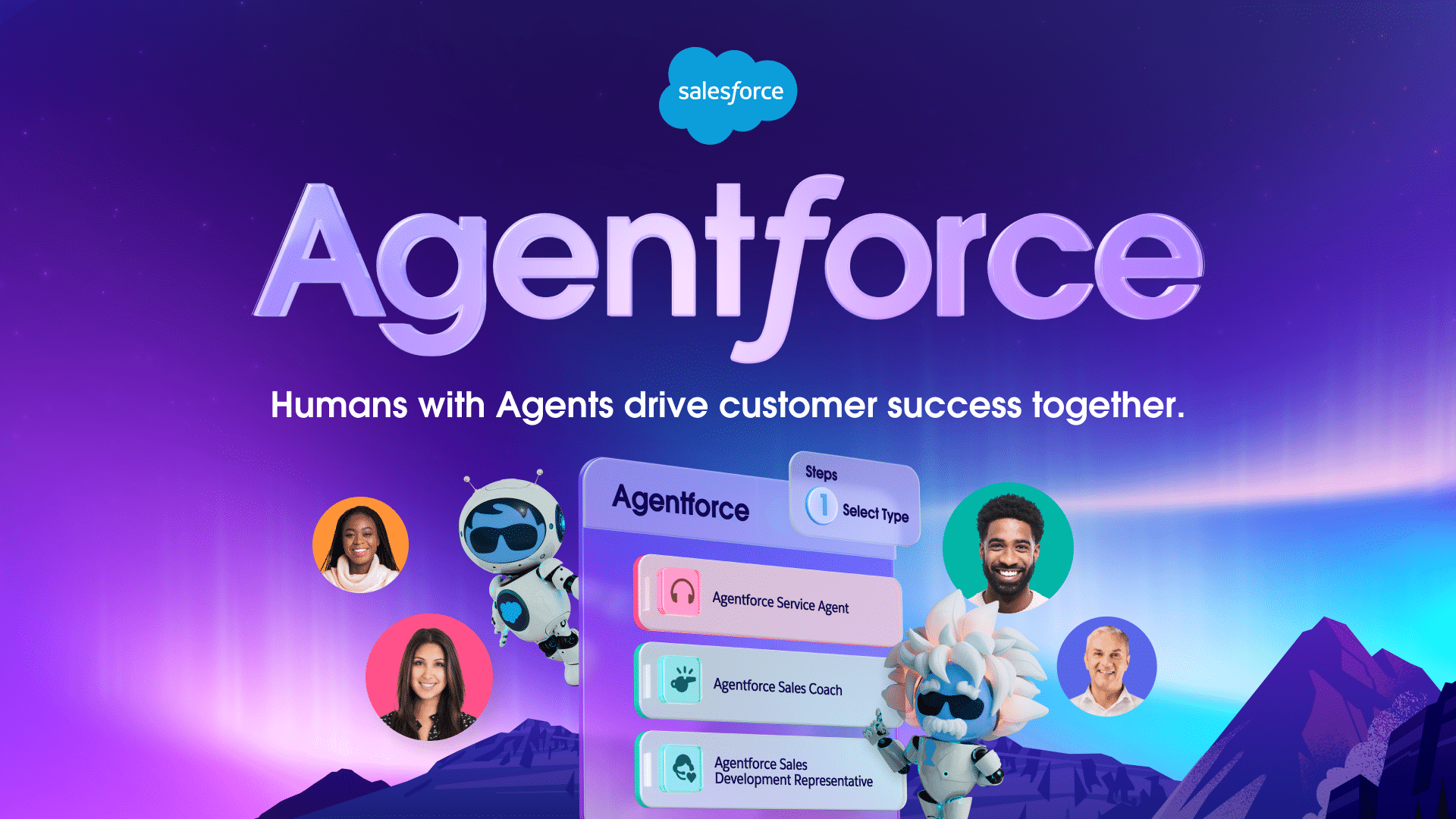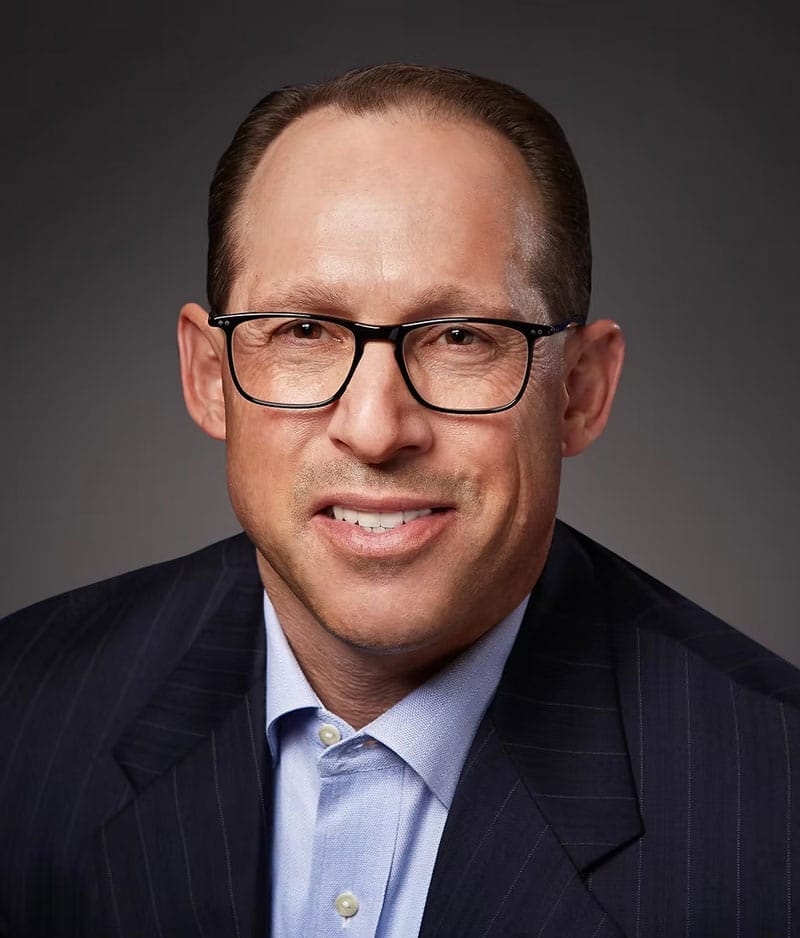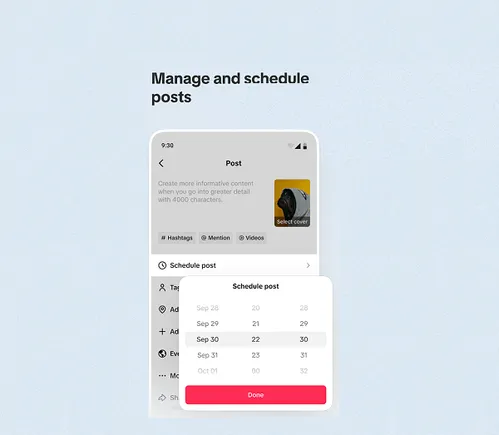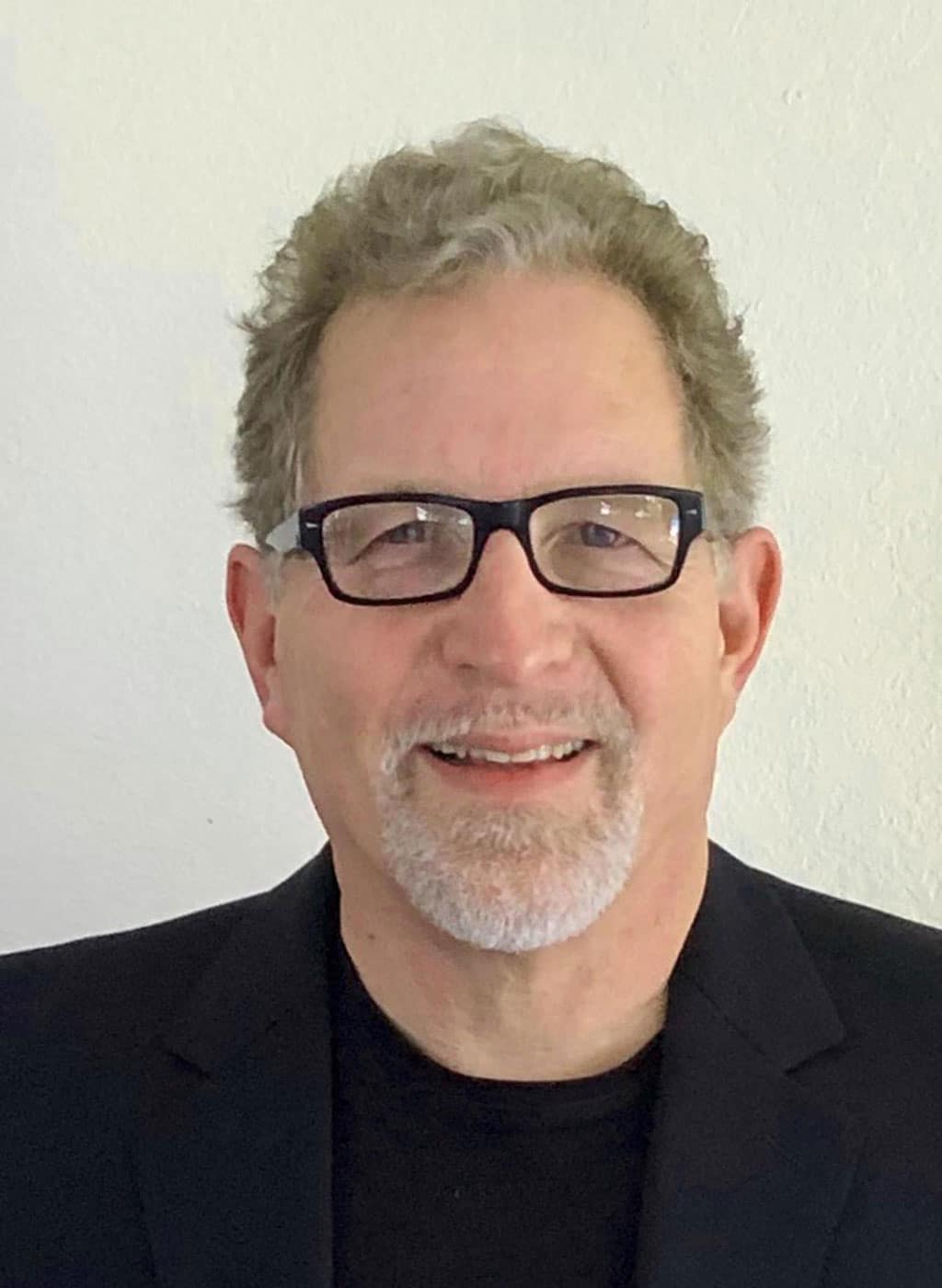The shipping and logistics industry has faced tremendous challenges since the beginning of the COVID-19 Pandemic. What are some learnings and innovations that you took away from that challenge?
It is clear there were lessons learned from the COVID-19 pandemic, triggering a series of disruptions and changes that affected various aspects of the industry. Overall, the pandemic highlighted the importance of resilience and adaptability. It encouraged companies to rethink their supply chain strategies, invest in technology, and build robust contingency plans to better handle future disruptions.
With widespread lockdowns and restrictions, many countries experienced disruptions in their supply chains. Factories shut down, production slowed, and transportation networks faced restrictions. Consumer behavior also changed, leading to shifts in demand for goods. Reduced staffing, health, and safety protocols and other operational challenges also impacted port operations. This led to port congestion, cargo delays, and overall inefficiencies.
From this experience, we learned that supply chain innovation and flexibility are paramount, and an ability to be agile and move fast when the opportunity arises. We developed different routes for cargo and more options for our customers. This included investing more in warehousing near ports in the U.S. and having access to warehousing should it be required when there is congestion in the rail and ports, and we are continually working on perfecting this. The pandemic experience also highlighted the importance of our network of service partners in multiple countries enabling us to quickly react to the shifting of production from one country to another.
What qualities should a CEO possess to ensure their team is highly effective?
According to Harvard Business Review, teams are complex systems of individuals with different preferences, skills, experiences, perspectives, and habits. The odds of improving that complex system in a meaningful and sustainable way are higher if every team member, including the leader, learns to master these three foundational capabilities: internal self-awareness, external self-awareness, and personal accountability. This is true in my work as a CEO at Unique Logistics. Some personalities and situations are ultimately out of my control, but I can work on myself. By cultivating my own self-awareness, and external self-awareness, and understanding how my actions impact others, has made all the difference. Holding myself accountable for my actions has also been a helpful tool in minimizing reactions and getting more into solution-oriented thinking. As CEO it is important, at all times, to visualize the shape and form of the Company that we seek to build and be aware of the existing gaps and the building materials that will be needed to fill those gaps successfully.
How have geopolitical tensions factored into how you think about your business growth?
Some of the biggest suppliers to global tech companies, such as Apple, are clustered at Deep C Two, close to northern Vietnam’s biggest port, Haiphong. Geopolitical tensions between Beijing and the U.S. are incentivizing more manufacturers to shift out of China, according to the Financial Times.
The Economist has called this Altasia, short for the alternative Asian supply chain. Altasia is a result of the widening geopolitical rift between America and China. This is forcing global manufacturers to look elsewhere in Asia for new production sites. No single country in the region comes close to matching China’s importance as an export hub. A crescent of 14 countries is together beginning to provide competition.
In February, we announced the successful acquisition of operating subsidiaries and affiliates in China, Hong Kong, India, Taiwan, the United Kingdom, and Vietnam. These subsidiaries and affiliates are all specialist logistics companies in their country of operation. The acquisition of these operating subsidiaries and affiliates allows Unique Logistics to increase logistics services in the countries of the Acquired Companies, exports from the United States to those countries, and trade among the countries of the Acquired Companies and Europe, Latin America, Canada, and Intra-Asia. These acquisitions are putting us on an accelerated growth trajectory. The acquisitions also underline our own “Altasia” strategy as we strengthen our service capability in areas of emerging importance. Our acquisition pipeline, which we expect to deliver on, over the next two years includes targets in Singapore, Indonesia, Thailand and Malaysia. Additionally, through strong strategic alliances we work with leading logistics service companies in Bangladesh, Sri Lanka and Pakistan.
What is Next for Unique Logistics?
Unique Logistics looks for both organic growth as well growth through M&A. The key for us is to ensure we balance our business portfolio in strategic areas such as US exports, geographical footprint, technology, e-commerce fulfillment, contract logistics and value-added services. The goal is to seek higher margins through a well-balanced business offering.
We seek to achieve supply chain innovation flexibility through our growth strategy. We are constantly upgrading our capabilities in terms of what we offer the customer.
How do you define excellent customer service in the shipping and logistics industry?
Excellent customer service in the shipping and logistics industry is all about being ahead of the game and anticipating client’s needs before they ask. It goes beyond merely delivering packages and transporting cargo. Building trust is a significant component of developing customer relationships through transparency and listening to our customers. We aim to build brand loyalty by making the satisfaction of our customers our chief focus. There is nothing more rewarding than hearing good feedback from our customers and how we have gone above and beyond for them.
In your opinion, what does the future of logistics and shipping industry look like?
Staying at the forefront of technology adoption and enhancing efficiency to improve customer experience, and experimenting with new delivery models is vital for the future. Looking for more efficiencies in the logistics supply chain and tailoring our services to specific customers and industries through technology will set companies apart. Through technology, enhancing customer supply chain visibility, and e-commerce capabilities will enable growth for industry players.
The future will also have more of a focus on sustainability, with companies that want to improve their environmental goals while also meeting regulatory requirements, and logistics companies will adopt more practices driven by these concerns. More customers are also looking for companies that practice sustainability because of their own goals and priorities. We will also see growth in the focus on e-commerce, with optimized logistics services and solutions for online retailers.
On a more immediate note, as a Company, we are closely following the impact that new e-commerce retailers Shein and Temu are having on the US marketplace as well as on the air freight capacity out of China. We believe the impact of these players will be a significant area of focus in the United States in the months ahead.
About Unique Logistics
Unique Logistics was founded in 1983 with than four decades in the business. UNIQUE is a global freight forwarder, customs broker and logistics services provider offering a worldwide network and coverage in more than 65 countries.
About Sunandan Ray
Sunandan Ray is the Chairman & Chief Executive officer of Unique Logistics. He has been in the logistics industry since 1989. He established and managed operating companies in the USA, India Sri Lanka, Bangladesh, Mauritius, and Turkey on behalf o the MSAS Cargo International (not part of DHL/Deutsche Post from 1989 to 1997. He successfully negotiated a management buyout of these companies and grew the group to a US $50 million enterprise over 10 years before selling it to French transportation company, Group Bollore. Additionally, Sunandan built and sold a group of software companies called Sunrise Group between 1992 and 1996, which generated over US $10 million in revenue at the time of sale. Prior to his logistics career, Sunandan worked for Price Waterhouse (now PWC) for 10 years in London, The Hague, and New York from 1979-1989. He is a qualified Chartered Accountant (London UK) and holds a master’s in science (Technology) in Computer Science from the Birla Institute of Technology & Science in Pilani, India.
Have you read?
World’s trendiest countries, 2023.
World’s Richest People (Top Billionaires, 2023).
Best Apps for Reading News for Google’s Android and Apple’s iOS.
Music successful CEOs and C-level executives listen to.
Which are the healthiest countries in the world for 2023?
Add CEOWORLD magazine to your Google News feed.
Follow CEOWORLD magazine headlines on: Google News, LinkedIn, Twitter, and Facebook.
Thank you for supporting our journalism. Subscribe here.
For media queries, please contact: info@ceoworld.biz



























































![20 Predictions for Social Media in 2025 [Infographic] 20 Predictions for Social Media in 2025 [Infographic]](https://imgproxy.divecdn.com/HMVhRh2JvYwAse_QsxNWdYtb_Of31-oCF2OnUe4eZqA/g:ce/rs:fit:770:435/Z3M6Ly9kaXZlc2l0ZS1zdG9yYWdlL2RpdmVpbWFnZS9zb2NpYWxfbWVkaWFfdHJlbmRzXzIwMjVfMi5wbmc=.webp)










